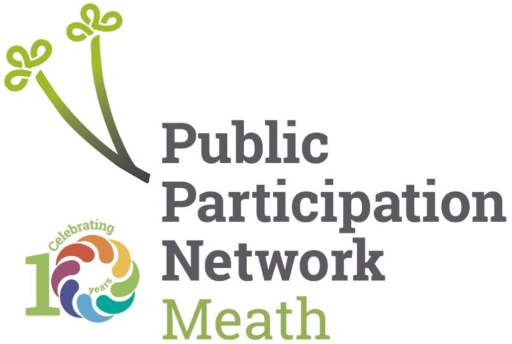All-Ireland Pollinator Plan – February 2025 newsletter
Comments : 0
| View this email in your browser |
 Newsletter: February 2025 The All-Ireland Pollinator Plan is a framework bringing together different sectors across the island of Ireland to create a landscape where pollinators can survive and thrive. Its implementation is coordinated by the National Biodiversity Data Centre. |
To spot this month: keep an eye out large bumblebee queens that have emerged from hibernation The two most common bumblebee queens you will spot this month are the Buff-tailed Bumblebee (Bombus terrestris) and the White-tailed Bumblebee (Bombus lucorum). They are similar to each other – both have one band on the thorax, one band on the abdomen, and a whitish tail. The Buff-tailed Bumblebee has orange bands and a buff or off-white tail. The White-tailed Bumblebee has lemon yellow bands and a clean white tail. Submit your sightings to the National Biodiversity Data Centre. You can attach a photo if you’re not sure if you have the correct identification  Submit your bumblebee sightings To do this month: make a plan for how you’ll help pollinators in 2025 We’re often asked about the best ways to help our declining wild pollinators. Here are the All-Ireland Pollinator Plan’s top ten evidence-based actions you can take to help these important insects.  Read more Business Supporters: 2024 Annual Review The All-Ireland Pollinator Plan is delighted to publish this year’s ‘All-Ireland Pollinator Plan: Annual Review Business Supporters 2024’. All business supporters were asked to submit a short mandatory report and add their evidence-based actions to the ‘Actions for Pollinators’ online map. 338 businesses submitted their actions for pollinators in 2024 and are featured in this report. An inspiring range of evidence-based actions have been delivered by businesses this year. And, as ever, there is lots more to do. Those who did not respond have been removed from the Business Supporters list, but are welcome to re-engage at any point. A huge thank you to those businesses who delivered evidence-based actions to support pollinators-biodiversity.  Read the full pdf report here Pesticide Alternatives: A Summary The All-Ireland Pollinator Plan is delighted to release a document summarising the results of a survey on pesticide alternatives. Circulated in 2024, the survey received 82 responses from Pollinator Plan partners, supporters, and members of the public. The results offer insight into the experiences people have had with popular pesticide alternatives such as manual control, hot foam, weed burning, and organic sprays. The results of this survey do not constitute recommendations by the All-Ireland Pollinator Plan, which must be evidence-based and backed up by science. Rather, the intention of this summary is to share the learnings of the survey and the lived experiences of pesticide alternatives on the island of Ireland to help people make more informed decisions when choosing alternatives to pesticides.  Read the pdf summary here Free webinar: Gardening for Biodiversity Discover how to transform your garden into a thriving haven for wildlife this spring. In this webinar with the All-Ireland Pollinator Plan, you’ll learn about the top actions you can take to enhance biodiversity and create a space that supports pollinators and other vital species. From lawn management to designing habitats for beneficial insects, you’ll gain practical tips and insights to make your garden a vibrant part of your local ecosystem. Whether you’re a seasoned gardener or just starting out, join us to learn how small changes can make a big impact. Online, Weds 5th March, 12.00 – 13.00  Book your free spot here Bumblebee Poster In preparation for bumblebees reappearing to brighten up our lives again, now is a great time to remind yourself of what the different species look like. We have lots of National Biodiversity Data Centre resources to help.  Bumblebees of Ireland poster Free online identification course Please think twice about planting wildflower seed Our pollinators need the native flowers they have evolved alongside. Studies have shown that the seeds in many wildflower seed mixes are imported from other countries, and are not native, despite what the packet might say. There is a huge risk of accidentally bringing in invasive species like Black grass that, if spread, would be devastating to the Irish agricultural industry. Wildflower seed mixes are much more attractive to humans than to pollinators. If you decide to buy wildflower seed, source it very carefully, and never plant outside garden settings. The Pollinator Plan does not endorse any seed suppliers or wildflower seed products. If you really want to help biodiversity, our advice is always to Don’t Sow, Let it Grow  Read more Submit your ideas for the next All-Ireland Pollinator Plan 2026-2030 The next version of the AIPP will be developed across 2025. We want the next Plan to be the most ambitious yet. Please submit your ideas/suggestions – however big, small or radical! Submit ideas at any time and as often as you like.  Submit your ideas The National Biodiversity Data Centre is a Company Limited by Guarantee. Register Number: 730718. National Biodiversity Data Centre, SETU West Campus, Carriganore, Waterford, Ireland, X91PE03 |

